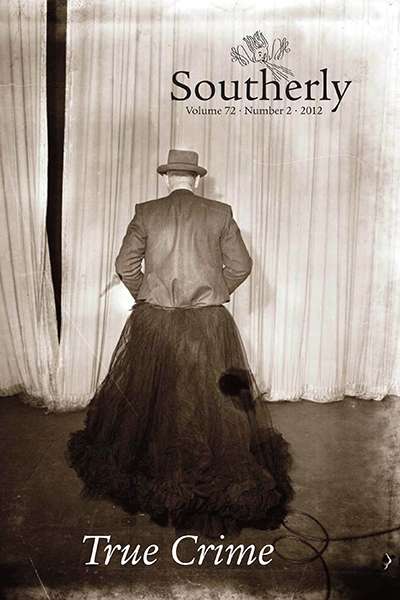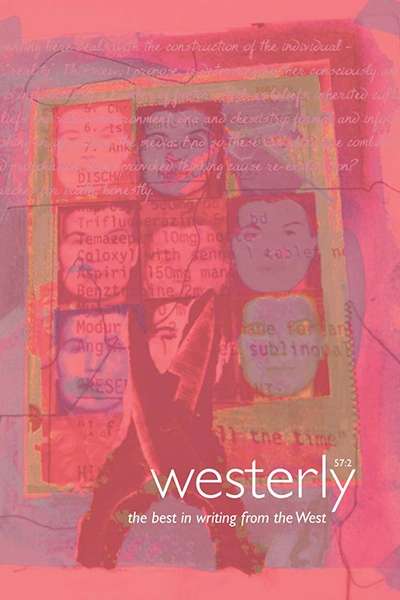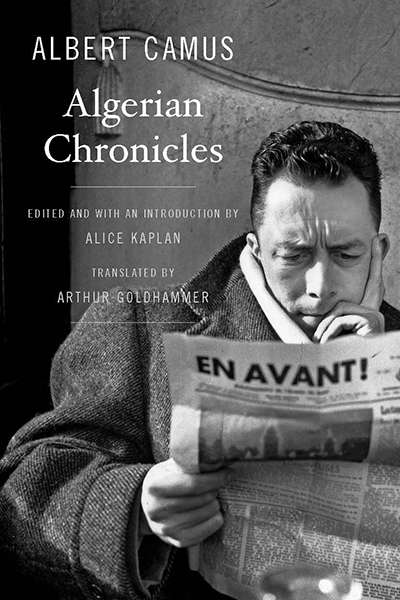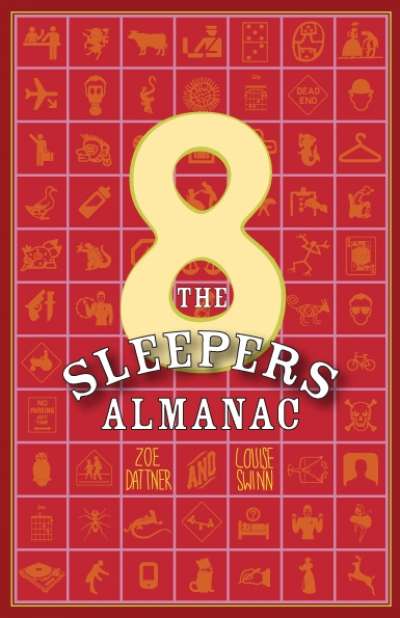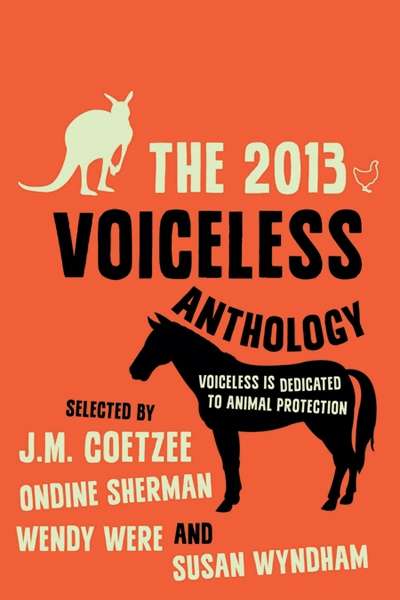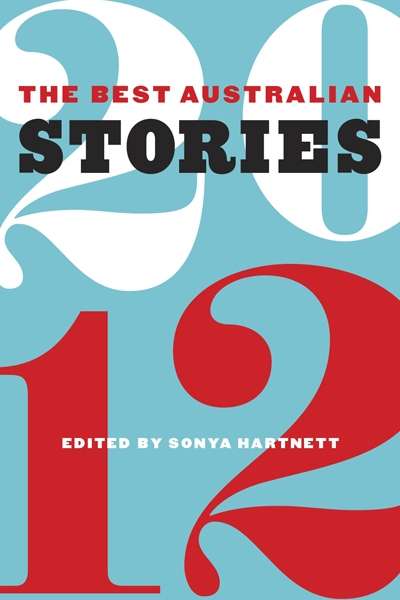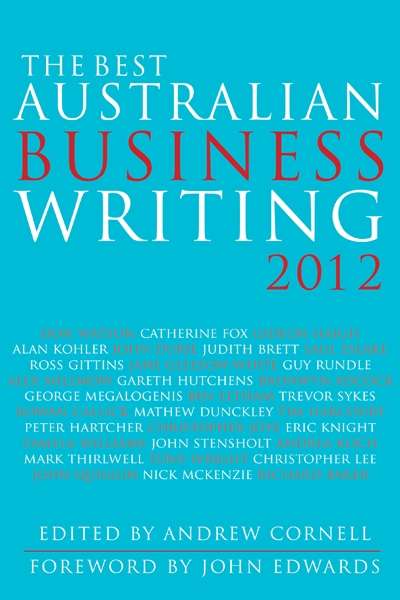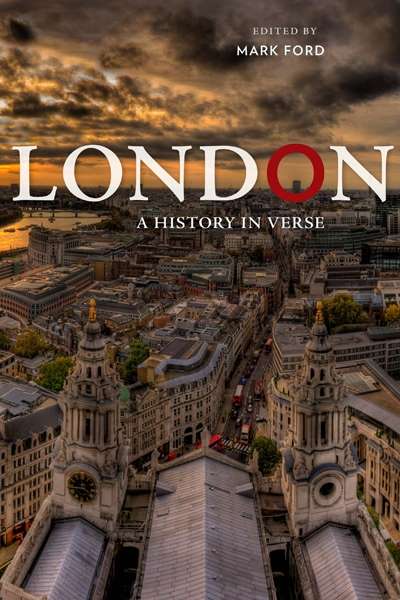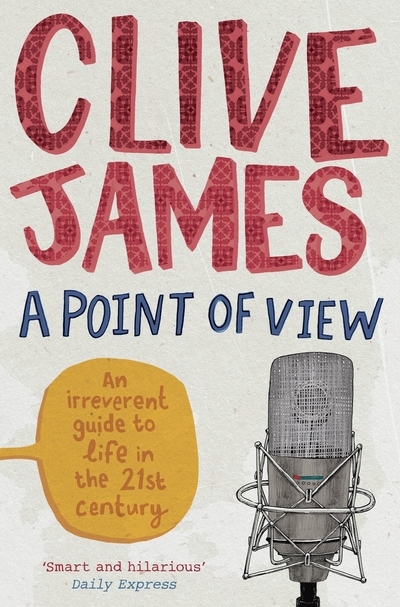Anthology
Westerly Vol. 57, No. 2 edited by Delys Bird and Tony Hughes-d’Aeth
by Anthony Lynch •
Algerian Chronicles by Albert Camus (edited by Alice Kaplan and translated by Arthur Goldhammer)
by Colin Nettelbeck •
The Sleepers Almanac No. 8 edited by Zoe Dattner and Louise Swinn
by Amy Baillieu •
The Best Australian Stories 2012 edited by Sonya Hartnett
by Cassandra Atherton •
The Best Australian Business Writing 2012 edited by Andrew Cornell
by Gillian Terzis •
London: A History in Verse edited by Mark Ford
by Geoffrey Lehmann •
Hide Your Fires: 2012 UTS Writers’ Anthology edited by Lauren Anderson et al.
by Francesca Sasnaitis •


